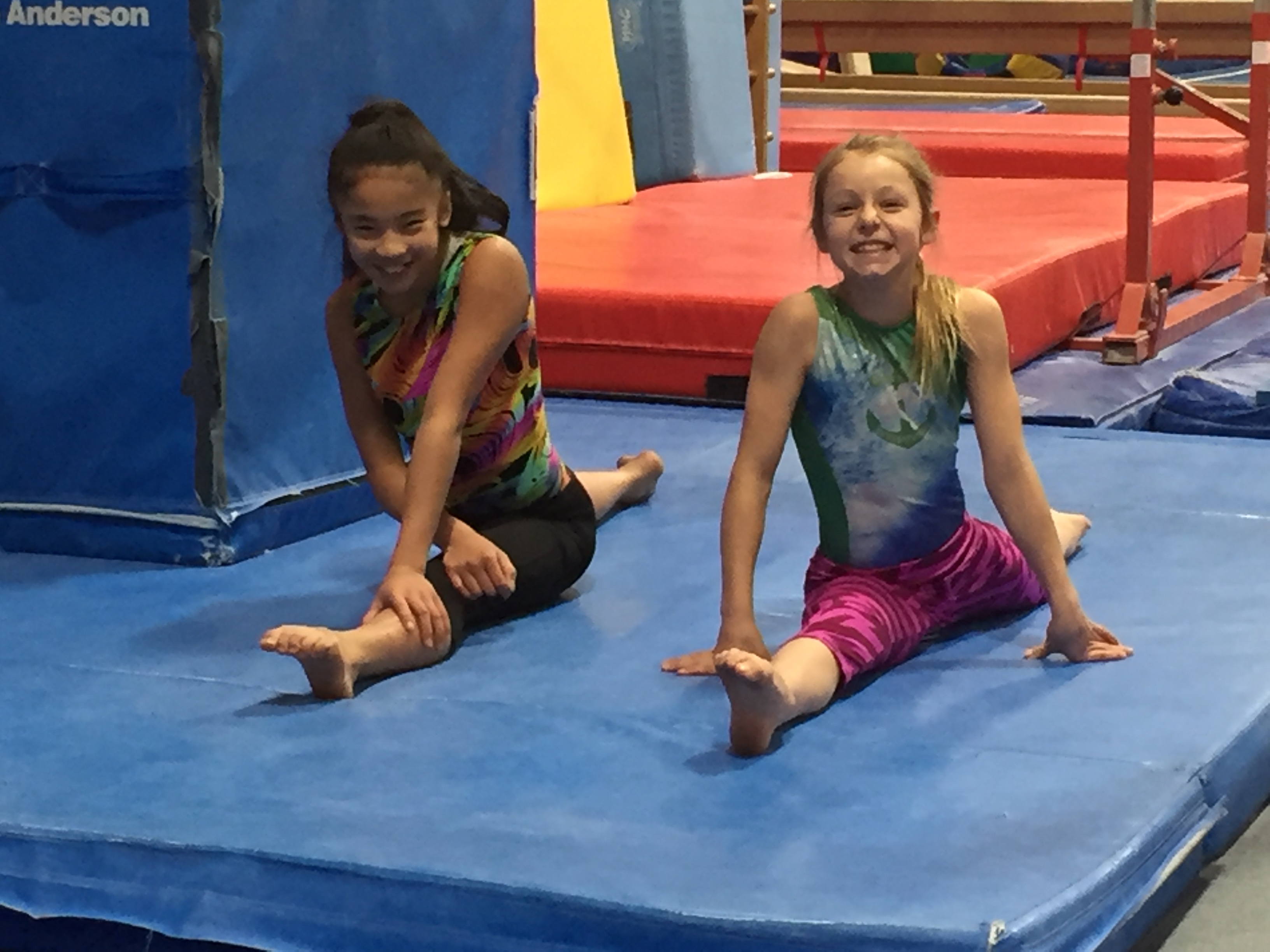For the month of December I have been posting,  “The Season of Hope” on my other blog, Tony Retrosi.
“The Season of Hope” on my other blog, Tony Retrosi.
I had a number of colleagues comment on it so I have reworked it for Gym Momentum.
Talent, skill, ability—whatever you want to call it—will not get you there. Sure, it helps. But a wealth of psychological research over the past few decades show loud and clear that it’s the psychological vehicles that really get you there. You can have the best engine in the world, but if you can’t be bothered to drive it, you won’t get anywhere. We have all seen uber- talented gymnast who never amount to anything.
Many have proposed lots of different reasons for this. Call it Grit, Conscientiousness, self-efficacy, optimism, passion, inspiration, etc. They are all important. One reason, however, is particularly undervalued and underappreciated in psychology and society.
That’s hope.
Hope often gets a bad rap. For some, it conjures up images of a blissfully naïve chump pushing up against a wall with a big smile, or Don Quixote tilting against windmills. In the gym I used to think of the kid who shows up at the meet believing they will do fine despite a horrible week of practice. That’s a shame and I feel guilty about it. Cutting-edge science shows that hope, at least as defined by psychologists, matters a lot.
Hope is not a brand new concept in psychology. In 1991, the eminent positive psychologist Charles R. Snyder and his colleagues came up with Hope Theory. According to their theory, hope consists of agency and pathways. The person who has hope has the will and determination that goals will be achieved, and a set of different strategies at their disposal to reach their goals.
Put simply: hope involves the will to get there, and different ways to get there.
Why is hope important? Gymnastics is difficult. There are many obstacles. Having goals is not enough. One has to believe that they can accomplish their goals, amidst all the inevitable twists and turns of life. Hope allows people to approach problems with a mindset and strategy-set suitable to success, thereby increasing the chances they will actually accomplish their goals.
Those lacking hope, tend to adopt mastery goals. People with mastery goals choose easy tasks that don’t offer a challenge or opportunity for growth. When they fail, they quit. People with mastery goals act helpless, and feel a lack of control over their environment. They don’t believe in their capacity to obtain the kind of future they want. They have no hope.
It seems that performance can be enhanced in the short term by reminding people that they have the motivation and the means to pursue a goal. This “situational hope” could potentially be useful in the future as a means of short-term intervention to enhance performance. By reminding people before tests or situations in which performance and achievement are required that they have the will and the ways to do well, possible potential can be better utilized.
In general, athletes had higher levels of hope than non-athletes. I have seen that among my gymnasts, the state of having hope predicted outcomes beyond training, self-esteem, confidence, and mood.
I like to think that current ability is the best predictor of future success. Important psychological studies show that ability is important, but it’s the vehicles that actually get people where they want to go. Oftentimes, the vehicles even help you build up that ability you never thought you had. And hope—with its will and ways—is one of the most important vehicles of them all.
View the original article here.
Going back to my original frustration of the gymnast who I feel is unprepared but she shows up and thinks she is going to be fine. As frustrating as it is- isn’t that better than the kid who has a great week of training and shows up to the meet thinking she’s going to crash and burn?
As coaches we spend hours and hours preparing the body. Spend some time on their mind. See the HOPE in their eyes as they start the practice. See the Hope and Smiles on their faces when they finish. Watch them walk into a competition believing they are going to accomplish their goals.





